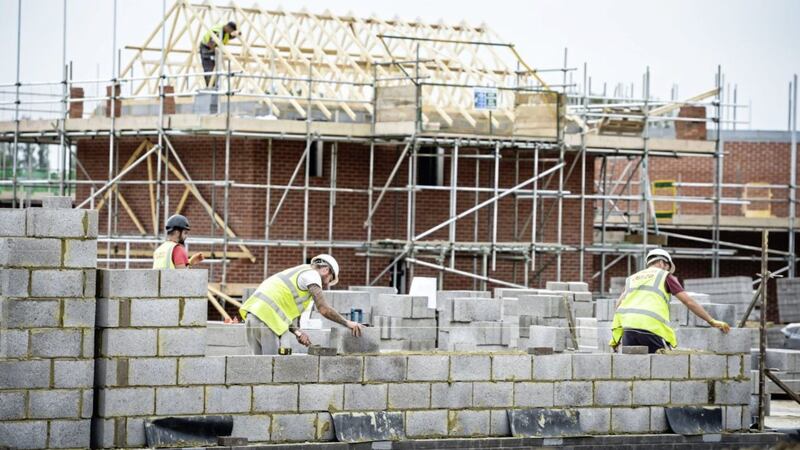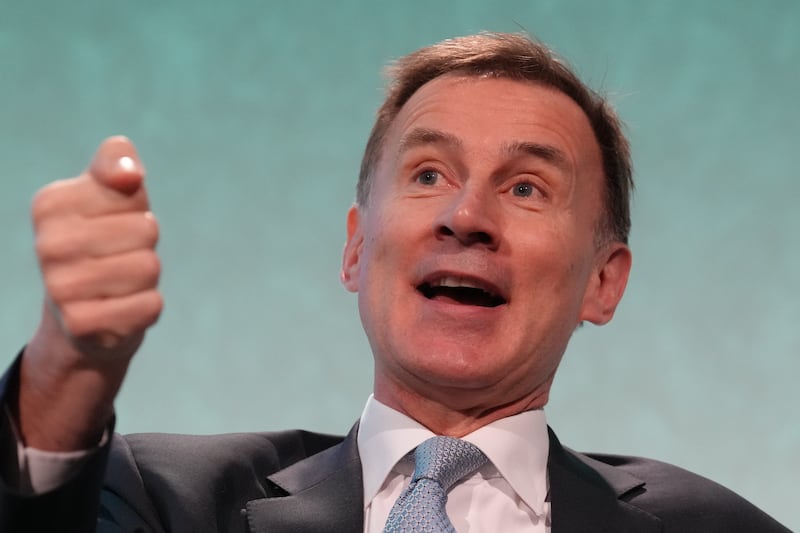ANOTHER day, another report exposing the depth of depression in the Northern Ireland economy . . . .
PwC’s latest UK Economic Outlook confirms that growth here will remain subdued in 2019-20 as Brexit uncertainty persists.
The findings - which come days after a government report predicted that 40,000 jobs could be lost in Northern Ireland in the wake of a no deal Brexit - largely mirror those of other recent reports.
It shows a growth projection of 1.2 per cent in 2019, falling to 1 per cent next year - matching the north east of England.
The projections assume an orderly Brexit, but PwC caveats that risks are weighted to the downside.
Among other key findings in the PwC study, it says consumer spending has continued to drive the north's economy so far, though adults tend to borrow more on store credit cards and catalogues than any other UK region, with 10 per cent considered to be ‘in difficulty’ financially.
House prices in Northern Ireland are projected to rise by 3.2 per cent in 2019 and 3.9 per cent in 2020, the third highest across the regions. However, prices remain lowest here, with the average house price rising to £158,000 in 2020 compared to £189,000 in Wales and £170,000 in Scotland.
The most optimistic picture comes from the hotels sector, which is projected to deliver Northern Ireland’s greatest growth, at 3.5 per cent in 2019 before falling back to 1.6 per cent in 2020, although this is above the UK average of 2.6 per cent and 1 per cent respectively.
John Hawksworth, chief economist at PwC, said: “UK economic growth is likely to be choppy this year as stock-building rises and falls around past and future Brexit deadlines.
“But the underlying trend is for continued modest growth, possibly picking up later next year if the fog of uncertainty around Brexit clears and business investment regains momentum.
“Risks to growth are weighted to the downside due to the possibility of a no deal Brexit, although there are also brighter spots to the economy such as rising real earnings levels linked to record employment levels.
“We do not expect any change in UK interest rates over the next few months as the MPC waits to see how events unfold in relation to Brexit.”







